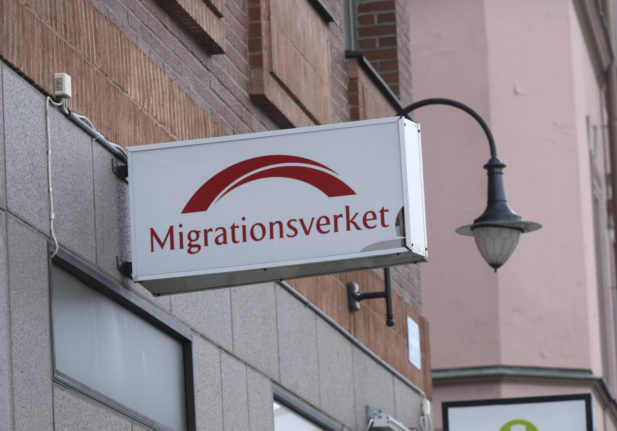The number of people applying for work permits in Sweden is expected to drop over the next two years. The Migration Agency predicts in a new prognosis that it will receive around 49,000 first-time work permit applications this year, compared to just under 65,000 in 2022.
The agency puts the decrease in work permit applications down to a worsening labour market.
“According to the Public Employment Service, multiple indicators point to the labour market becoming weaker, while the National Institute of Economic Research expects the period of low growth to deepen next year,” the Migration Agency writes in its prognosis.
It also writes that the latest figure takes into account the potential effect of the new work permit threshold on work permits, which will more than double the required salary for work permits at the end of this month.
“The prognosis also considers, as before, the increase in the work permit threshold due to come into force on November 1st, 2023.”
Fewer asylum seekers despite increase across EU
The agency also predicts that 13,000 people will seek asylum in Sweden this year, with the same prediction for 2024.
Previous predictions were slightly higher at 14,000 applicants.
If the new prognosis is correct, it would represent a considerable drop since last year, when 16,700 people came to Sweden seeking asylum.
In Europe overall, the number of asylum seekers has reached a new record – over half a million in the first half of the year, which is an increase of almost 30 percent compared to the same period last year, as well as the highest figure since the 2015 refugee crisis.
Almost 75 percent of people seeking asylum in Sweden are rejected and issued orders to leave. The agency expects 4,300 asylum seekers will leave Sweden of their own accord this year, and around 3,800 next year.



 Please whitelist us to continue reading.
Please whitelist us to continue reading.
Member comments